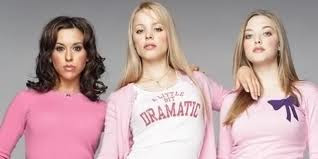Another thing that helped to shape my views on gender was playing with little army men. I remember my brother and I would set up huge war scenes with the little figures and eventually have a massive battle between the two sides. While there were different types of soldiers to fight with, not one of them was a female. I remember being surprised at some point in middle school when I found out that I had a cousin going to the army who was a woman because I never once thought that women were even allowed to be in the army. So I just would play with these army men and get excited at, once again the destruction, this time in the form of guns and war.

I feel like in general toys are either meant for boys or girls. After getting assigned this blog prompt I went onto Toys R Us’ website and within their shopping catalog there was a choice to either pick toys for boys or girls. Looking at the boy’s section was a bunch of Nerf Guns and video games and cool looking bikes. Meanwhile the girl’s section was filled with pink toys, princesses, Barbies, and Easy Bake Ovens. Just by looking at the catalog it is possible to see what boys are supposed to play with and what girls are supposed to play with.







 playing the game, I was conditioned to harm and abuse woman like it was commonplace. I looked up the
playing the game, I was conditioned to harm and abuse woman like it was commonplace. I looked up the 





